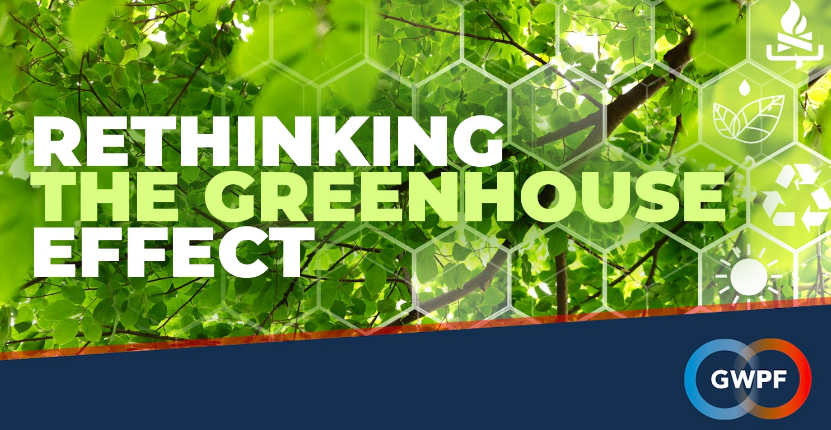by C. Morrison, Sep 14, 2022 in DailySkeptic
Four leading Italian scientists have undertaken a major review of historical climate trends and concluded that declaring a ‘climate emergency’ is not supported by the data. Reviewing data from a wide range of weather phenomena, they say a ‘climate crisis’ of the kind people are becoming alarmed about “is not evident yet”. The scientists suggest that rather than burdening our children with anxiety about climate change, we should encourage them to think about issues like energy, food and health, and the challenges in each area, with a more “objective and constructive spirit” and not waste limited resources on “costly and ineffective solutions”.
During the course of their work, the scientists found that rainfall intensity and frequency is stationary in many parts of the world. Tropical hurricanes and cyclones show little change over the long term, and the same is true of U.S. tornadoes. Other meteorological categories including natural disasters, floods, droughts and ecosystem productivity show no “clear positive trend of extreme events”. Regarding ecosystems, the scientists note a considerable “greening” of global plant biomass in recent decades caused by higher levels of carbon dioxide in the atmosphere. Satellite data show “greening” trends over most of the planet, increasing food yields and pushing back deserts.
The four scientists are all highly qualified and include physics adjunct professor Gianluca Alimonti, agrometeorologist Luigi Mariani and physics professors Franco Prodi and Renato Angelo Ricci. The last two are signatories to the rapidly growing ‘World Climate Declaration’. This petition states that there is no climate emergency and calls for climate science to be more scientific. It also calls for liberation from the “naïve belief in immature climate models”. In future, it says, “climate research must give significantly more emphasis to empirical science”.
…
…
by S. Osaka, Sep 12, 2022 in TheWashingtonPost
Last week, Californians got a reminder of one of the most vexing paradoxes of global warming. With temperatures well over 110 degrees Fahrenheit in some regions on Tuesday night, hundreds of thousands of the state’s residents received beeping text alerts to notify them that the power grid, straining under the weight of millions of air-conditioning units, was about to collapse. Save power now, the text warned, or face rolling blackouts.
Consumers conserved, and the state’s electricity grid made it out of a record-breaking hot day relatively unscathed. Still, as temperatures rise worldwide, more people are going to need to install air conditioners. Butas currently sold, AC units can actually make global warming worse: On hot days, they suck tons of electricity from the grid, and their chemical refrigerants can accelerate global warming.
This is why researchers and start-ups are hoping to create new, cutting-edge AC units. AC technology has seen only “incremental improvements over the past 100 years,” said Ankit Kalanki, a manager at Third Derivative, a climate tech accelerator co-founded by the energy think tank RMI. “There has not been a step change in innovation.”
…
by P. Homewood, Sep 16, 2022 in NotaLotofPeopleKnowThat

London, 16 September – A former head of Australia’s National Climate Centre is arguing that the Intergovernmental Panel on Climate Change (IPCC) has adopted an overly simplistic approach to global warming and has ended up exaggerating the human contribution to recent climate change.
William Kininmonth argues that the warming of the planet is fastest in winter and in high latitudes near the poles. He argues that this is mostly due to increased heat transport from the tropical oceans.
However, the recent warming of the tropical oceans can’t be explained by the greenhouse effect due to carbon dioxide, because that effect is small in the humid tropical atmosphere. The most probable explanation is natural changes in ocean currents.
William Kininmonth says:
“The IPCC’s radiation balance approach is very simplistic, ignoring the fact that nowhere on the Earth’s surface is in radiation balance. Mainstream climate science may have led us all up a blind alley”.
GWPF invited the Royal Society and the Met Office to review this paper, and to submit a response to be published as an appendix to it. No reply was received.
William Kininmonth: Rethinking the Greenhouse Effect (pdf)
…
La géologie, une science plus que passionnante … et diverse

